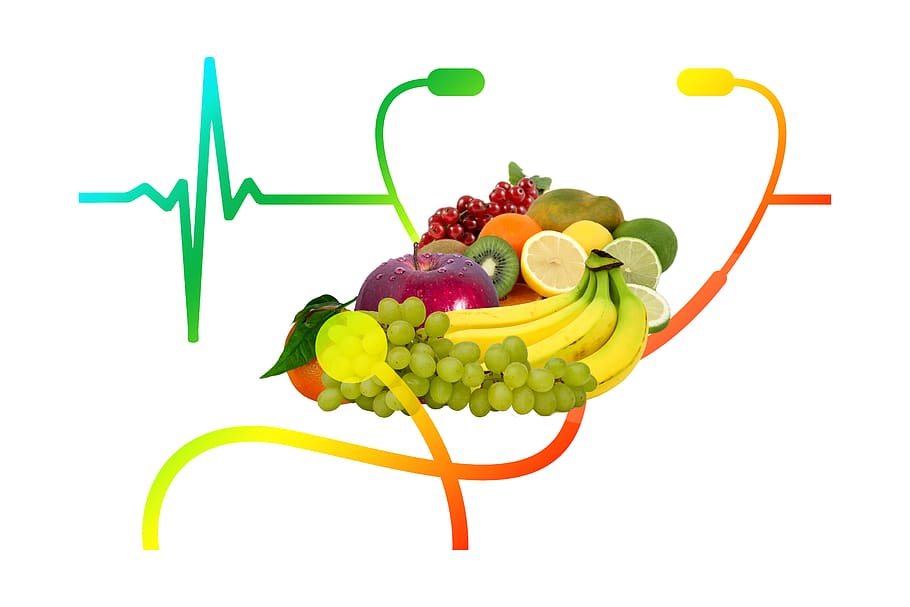
When it comes to healing chronic wounds, especially in older adults, nutrition plays a crucial role in the recovery process. As we age, our bodies may face challenges such as slower cell regeneration, reduced blood flow, and weakened immune systems—factors that can make wound healing more difficult. However, the right nutrition can give the body the support it needs to heal faster, prevent complications, and improve overall health.
Why Nutrition Matters in Wound Healing
For seniors, chronic wounds can be caused by conditions such as diabetes, poor circulation, pressure ulcers, or venous leg ulcers. Healing these wounds often requires more than just medical treatment or wound care products; the body needs adequate nutrients to repair damaged tissue, fight infection, and restore skin integrity.
Proper nutrition can help:
- Boost immune function to prevent infections.
- Promote collagen production, which is vital for tissue repair.
- Increase blood flow, ensuring nutrients and oxygen reach the wound area.
- Support healthy skin and prevent further damage.
Without the right nutrients, the wound healing process can slow down, and complications like infections, skin breakdown, or delayed healing can occur.
Key Nutrients for Wound Healing in Seniors
Certain nutrients are particularly important for seniors with chronic wounds. Here’s a breakdown of the most crucial ones and how they aid in the healing process:
1. Protein: The Building Block of Tissue Repair
These are signs that bacteria have entered the wound. Left untreated, infections can spread to deeper tissues or even into the bloodstream—causing a life-threatening condition known as sepsis.
Why it matters:
Protein is essential for the formation of new tissue, collagen, and enzymes that help heal wounds. Without enough protein, the body struggles to repair damaged cells and prevent infections.
Sources of protein:
- Lean meats (chicken, turkey, beef)
- Fish (salmon, tuna)
- Eggs
- Dairy (yogurt, milk, cheese)
- Beans and legumes (lentils, chickpeas)
- Tofu and other plant-based proteins
Daily needs:
Seniors with chronic wounds typically require 1.25 to 1.5 grams of protein per kilogram of body weight each day. For a 70 kg (154 lb) individual, this would be approximately 88 to 105 grams of protein daily.
2. Vitamin C: Essential for Collagen Formation
Why it matters:
Vitamin C is a powerful antioxidant that supports collagen synthesis, which is critical for wound healing. Collagen provides structure and elasticity to skin and other tissues, so sufficient vitamin C levels are essential for proper tissue repair.
Sources of Vitamin C:
- Citrus fruits (oranges, lemons, grapefruits)
- Strawberries, blueberries, and raspberries
- Kiwi
- Bell peppers
- Leafy greens (spinach, kale)
- Tomatoes
Daily needs:
Older adults should aim for around 75 mg of vitamin C daily, but individuals with chronic wounds may benefit from slightly higher levels, as advised by a healthcare provider.
3. Zinc: Vital for Immune Function and Cell Growth
Why it matters:
Zinc is essential for immune function, wound healing, and cell growth. It helps the body produce proteins and enzymes involved in tissue repair. Zinc also plays a role in reducing inflammation and fighting infection—critical for chronic wound healing.
Sources of zinc:
- Meat and poultry (beef, chicken)
- Seafood (oysters, crab)
- Beans and legumes
- Whole grains (brown rice, oats)
- Dairy products
- Nuts and seeds
Daily needs:
Seniors typically need 8-11 mg of zinc per day, but individuals with chronic wounds may require higher amounts. Excessive zinc can interfere with other nutrients, so it’s important to consult a doctor before supplementing.
4. Vitamin A: Supports Immune Health and Tissue Repair
Why it matters:
Vitamin A is essential for maintaining skin integrity and promoting epithelial cell growth, which helps wounds heal faster. It also supports immune function, preventing infections and aiding in inflammation control.
Sources of Vitamin A:
- Carrots and sweet potatoes
- Dark leafy greens (spinach, kale)
- Eggs
- Liver and fortified dairy products
Daily needs:
Older adults should aim for 700-900 micrograms of vitamin A per day, but this can vary based on individual needs. It’s best to obtain vitamin A from food sources rather than supplements to avoid toxicity.
5. Iron: Promotes Healthy Blood Flow
Why it matters:
Iron is necessary for the production of hemoglobin, which carries oxygen to tissues. Adequate oxygen delivery is crucial for healing wounds, especially for those with poor circulation. Iron also supports the immune system.
Sources of iron:
- Red meat (beef, lamb)
- Poultry and fish
- Beans and lentils
- Leafy greens (spinach, Swiss chard)
- Fortified cereals
Daily needs:
Seniors should aim for 8-18 mg of iron per day, depending on gender and overall health. Women, in particular, may need more iron due to menstruation or other factors.
Hydration: Don’t Forget Water!
While not technically a nutrient, hydration is just as important in wound healing. Dehydration can slow the healing process, make skin more fragile, and impair the circulation of nutrients to the wound site. Seniors should aim to drink plenty of water throughout the day, especially if they have chronic wounds.
Tips for Seniors with Chronic Wounds to Get Proper Nutrition
- Eat small, frequent meals: Seniors may experience a reduced appetite, so eating smaller meals throughout the day can help ensure they get enough nutrients.
- Include nutrient-dense snacks: Try incorporating high-protein snacks like Greek yogurt, nuts, or cheese to boost nutrient intake.
- Consult a dietitian: A registered dietitian can help tailor a meal plan that meets specific nutritional needs and health conditions.
- Use supplements when needed: If it’s difficult to meet nutrient requirements through food alone, consider discussing supplements with a healthcare provider.
